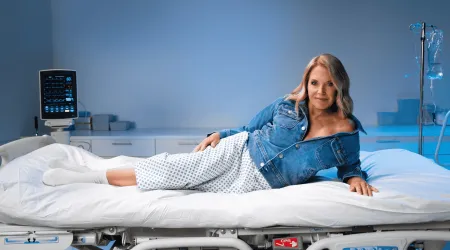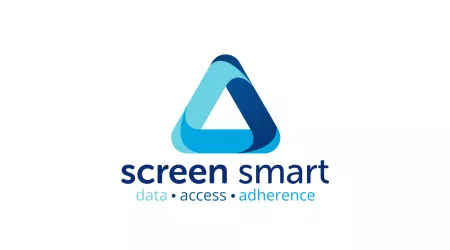
Other screening methods
There are pros and cons to all screening methods. Talk to your doctor about which test is the best choice for you.


Is colonoscopy the only way?
The type of colorectal screening test that is right for you depends on your age, personal health history, and family history. Although colonoscopy is the gold standard, there are several ways to screen for cancer.
Other ways of screening
Colonoscopy and at-home tests are not the only options. Click on the links to learn more about each of the methods below.
Flexible sigmoidoscopy
This scope procedure looks inside the lower half of the colon but no further. It provides a visual exam, needs no sedation, and requires enemas for prep.
Guaiac fecal occult blood test (FOBT)
This is a non-invasive test that can detect small amounts of blood in stool. It requires abstaining from red meat and certain medications for a few days prior.
Double-contrast barium enema (DCBE)
Using X-rays to detect polyps or other abnormalities in the colon, a DCBE requires a laxative prep and clear diet the day before the sedation-free procedure.
Virtual colonoscopy
This test uses X-rays and computers to take 2- or 3-D images of your colon and rectum. It requires a clear liquid for a few days prior and uses no sedation.
Ask your doctor
Getting screened is important, but so is the method you choose. Talk to your doctor about your family history, personal health history, and your own preferences to find the best screening option for you.
Top resources

Katie Couric Joins the Colorectal Cancer Alliance To ‘LEAD FROM BEHIND’
Katie Couric joins the Colorectal Cancer Alliance and Ryan Reynolds’ Maximum Effort to expand LEAD FROM BEHIND, a star-powered campaign breaking stigma and urging lifesaving colon cancer screening. Colon cancer is the preventable cancer.

20+ Colorectal Cancer Alliance Screen Smart Partners Encourage Secretary Kennedy to Uphold USPSTF Goal to Improve Health
The Colorectal Cancer Alliance and more than 20 Screen Smart partners urge HHS Secretary Robert F. Kennedy Jr. to protect USPSTF’s evidence-based process and no-cost preventive screenings like colorectal cancer screening, which save lives and improve national health.

Meredith’s legacy: A family’s mission to save lives
After losing their sister Meredith to colorectal cancer, Kathryn and Abigail are turning grief into advocacy. Their powerful story highlights the urgent need for CRC awareness and action — especially among young adults who are facing rising rates of this disease.





